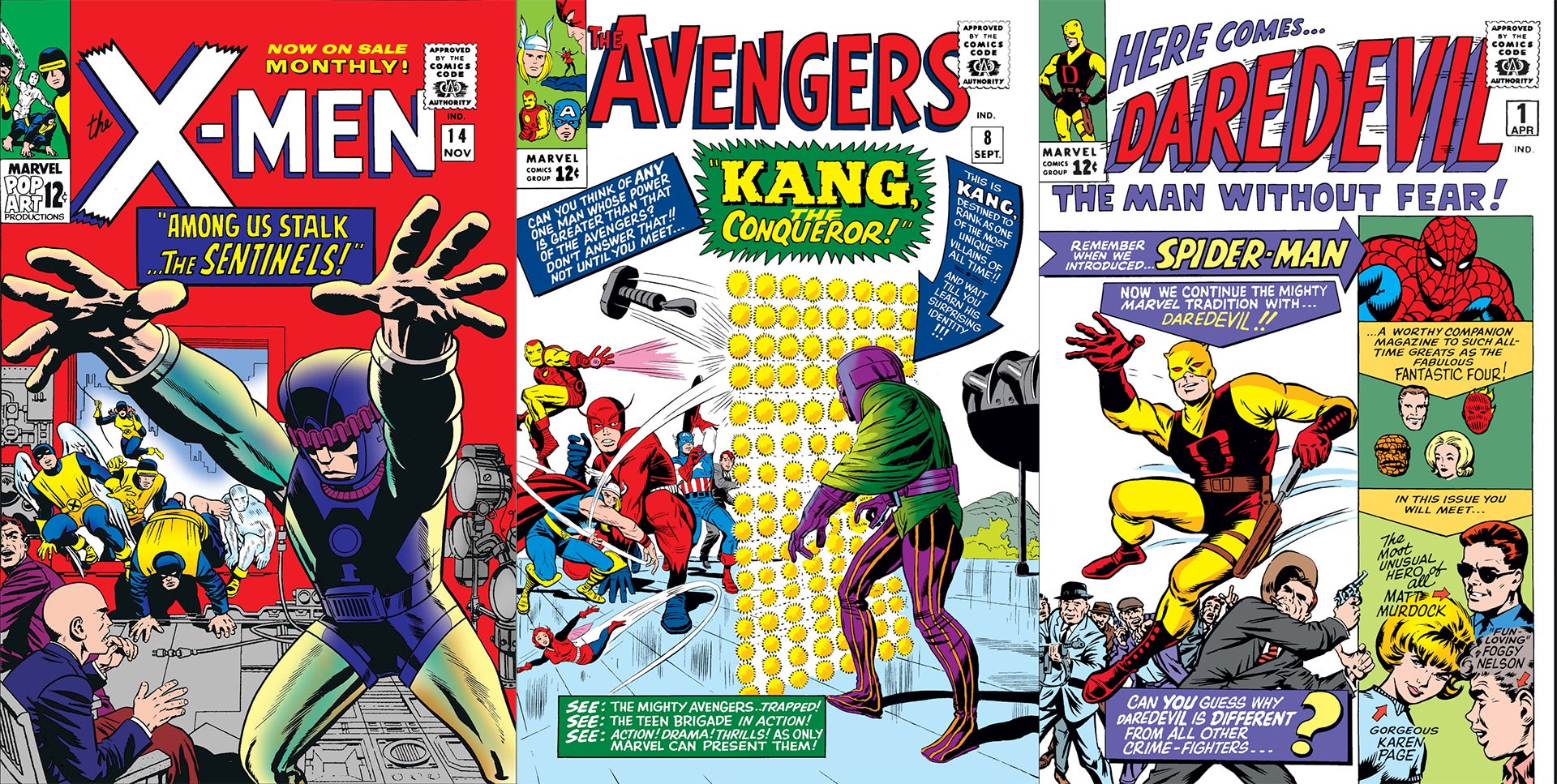zoomacademia.com – Marvel Comics has become synonymous with superheroes, iconic characters, and captivating stories that have inspired generations. Since its humble beginnings in the late 1930s, Marvel has grown into a cultural phenomenon, producing some of the most beloved characters and epic narratives in popular culture. From comic books to blockbuster films, Marvel’s impact on entertainment is undeniable. This article delves into the history, evolution, and enduring influence of Marvel Comics.
1. Origins of Marvel Comics
Marvel Comics, originally known as Timely Publications, was founded in 1939 by Martin Goodman. Its first comic book, Marvel Comics #1, introduced characters such as the Human Torch and the Sub-Mariner, setting the stage for the company’s future success. During this period, superhero comics were gaining popularity, and Timely Publications began to establish itself as a key player in the industry.
The 1940s saw the introduction of Captain America, one of Marvel’s most enduring and patriotic heroes. Created by Joe Simon and Jack Kirby, Captain America made his debut in Captain America Comics #1 in 1941, famously punching Adolf Hitler on the cover, which resonated with readers during World War II. As a symbol of freedom and justice, Captain America became a huge hit and solidified Marvel’s place in the growing comic book industry.
2. The Marvel Age of Comics: 1960s Revolution
The 1960s marked a transformative era for Marvel, which had rebranded itself as Marvel Comics by then. Under the guidance of writer and editor Stan Lee, and with the artistic genius of Jack Kirby and Steve Ditko, Marvel introduced a new wave of superheroes that were more relatable and flawed than their predecessors. This was the dawn of the “Marvel Age of Comics.”
In 1961, Marvel launched The Fantastic Four, created by Lee and Kirby. The success of this series led to the creation of many iconic characters, such as:
- Spider-Man (created by Stan Lee and Steve Ditko),
- The Incredible Hulk (Lee and Kirby),
- The X-Men (Lee and Kirby),
- Iron Man (Lee, Larry Lieber, Don Heck, and Kirby),
- Thor (Lee and Kirby),
- Black Panther (the first African superhero, created by Lee and Kirby).
Marvel revolutionized the superhero genre by introducing characters who were not just larger-than-life but also had real-world problems. Spider-Man, for example, was a teenager dealing with everyday struggles like school, finances, and relationships while also fighting villains as a superhero. This focus on character development and humanity helped Marvel connect with readers in a way that other comics of the time had not.
3. Diversity and Representation
Throughout its history, Marvel has been a pioneer in promoting diversity and representation in comics. In the 1960s, Marvel introduced Black Panther, the first Black superhero in mainstream American comics, and later created groundbreaking characters such as Luke Cage, Storm (the first Black female superhero), and Shang-Chi, a martial arts master and one of the earliest Asian superheroes.
In more recent years, Marvel has continued to push for representation, introducing new heroes like Miles Morales (a biracial Spider-Man), Kamala Khan (the first Muslim superhero to headline her own comic as Ms. Marvel), and Riri Williams (a young Black girl who takes on the mantle of Ironheart). Marvel’s commitment to inclusivity has made it a more relatable and diverse universe for readers from all walks of life.
4. The Marvel Cinematic Universe (MCU)
While Marvel had achieved massive success in the world of comic books, the creation of the Marvel Cinematic Universe (MCU) in 2008 took the brand to new heights. It began with Iron Man (2008), starring Robert Downey Jr. as Tony Stark/Iron Man, and quickly expanded into an interconnected series of films featuring Marvel’s most beloved heroes.
The MCU, led by producer Kevin Feige, built a shared universe where characters from individual movies would come together in team-ups like The Avengers (2012). The franchise expanded with sequels and new heroes, including Guardians of the Galaxy (2014), Black Panther (2018), and Captain Marvel (2019), before culminating in the blockbuster events Avengers: Infinity War (2018) and Avengers: Endgame (2019).
The MCU’s success reshaped the film industry, proving that superhero movies could be both critically and commercially successful. Avengers: Endgame went on to become one of the highest-grossing films of all time. The MCU’s impact extended beyond film, influencing television shows, merchandise, and video games, and introducing Marvel’s characters to a global audience like never before.
5. Marvel’s Influence on Pop Culture
Marvel Comics’ influence stretches far beyond the pages of comic books and the screens of movie theaters. The characters, stories, and themes from Marvel have permeated every aspect of popular culture. Heroes like Spider-Man, Iron Man, and Captain America have become household names, and their images are featured on everything from toys to clothing.
Marvel has also influenced social conversations, with its storylines often reflecting real-world issues. Themes like racism, discrimination, and social justice have been explored through characters like the X-Men, who are often seen as metaphors for marginalized communities. These stories resonate with readers because they tackle important societal issues while delivering action-packed adventures.
6. The Future of Marvel Comics
As Marvel continues to evolve, it remains at the forefront of storytelling innovation. The Marvel Cinematic Universe shows no signs of slowing down, with upcoming films and television series expanding the stories of fan-favorite characters while introducing new heroes. Meanwhile, Marvel Comics continues to push the boundaries of the comic book medium, experimenting with new storylines, artistic styles, and formats.
Marvel’s commitment to inclusivity and representation is also driving its future, as more diverse characters and creators take the spotlight. As the world of entertainment continues to change, Marvel’s ability to adapt while staying true to its roots ensures that it will remain a dominant force in both comics and broader media.
Conclusion
Marvel Comics has left an indelible mark on the world of entertainment, evolving from a small comic book company into a global powerhouse. Its ability to create timeless characters, tackle important social issues, and deliver gripping stories has earned it a loyal fan base that spans generations. Whether through the pages of comic books or the screens of the Marvel Cinematic Universe, Marvel continues to inspire, entertain, and connect people all around the world.
Marvel’s legacy is one of innovation, creativity, and heroism—a legacy that will no doubt continue to grow for years to come.










